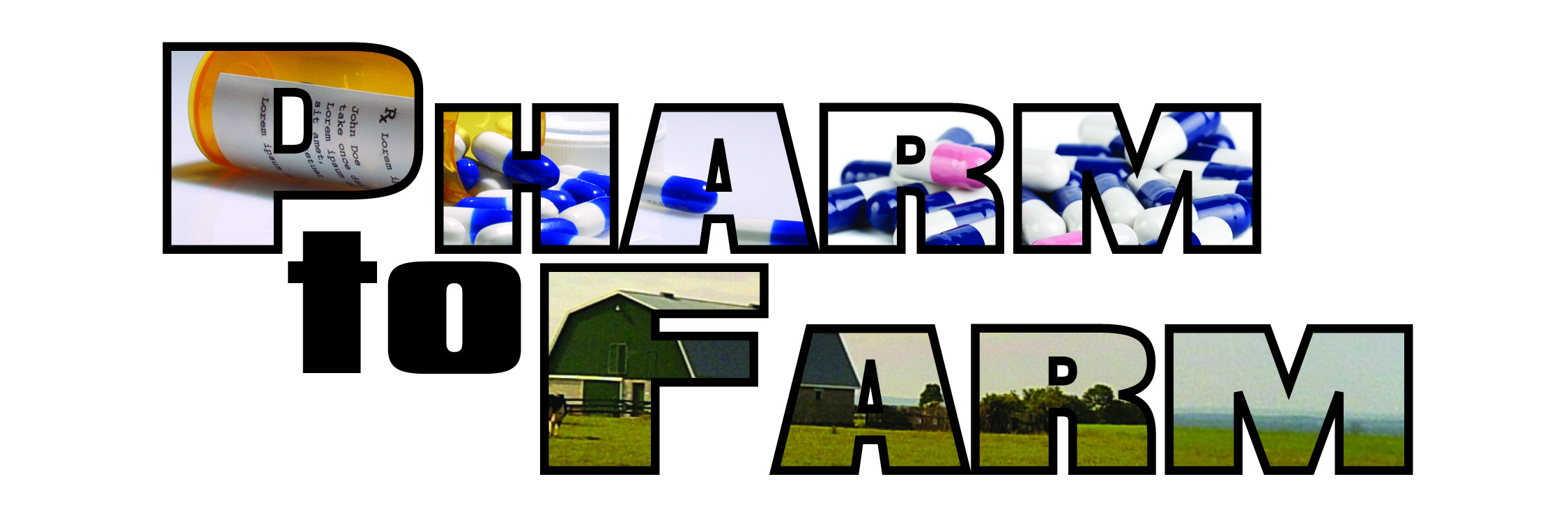Summer Safety: Blood pressure and water pills
By: Jessica Crane, PharmD Candidate 2016
The National Health and Nutrition Examination Survey (NHANES) conducted from 2005 through 2008 estimated that approximately 29 to 31 percent of adults in the United States have high blood pressure (also called hypertension).1 Extrapolating from this data, approximately 76.4 million Americans over the age of 20 years have hypertension.2 Although rates of hypertension awareness, treatment, and control have improved over the past few decades, the data shows that only 50.1 percent of persons with hypertension have their blood pressure under control, which for most people was defined as a level below 140/90 mmHg.3,4 Most people do not have symptoms to alert them to untreated high blood pressure, so it is important to check your blood pressure. If someone has not been diagnosed with high blood pressure, then a blood pressure which is less than 120/80mmHg is considered normal.5
While it is important to take medicine as directed by your doctor to control blood pressure, sometimes if taken incorrectly or at too high of a dose it may cause low blood pressure. Dizziness, headache, fainting, lack of concentration, blurred vision, and more can be symptoms of low blood pressure.6 This can be dangerous when out on the farm operating machinery, climbing ladders, or doing general activities. Medications prescribed to treat hypertension work in different ways to lower your blood pressure; however as stated above getting a blood pressure too low can have dangerous outcomes. That is why it is important to monitor blood pressure appropriately, maintain adequate blood pressure control, and take medications as prescribed by the doctor.
Of particular concern in the summer heat is a class of hypertension medication commonly prescribed called diuretics (also called water pills). Diuretics are very effective at decreasing blood pressure and are typically inexpensive, making them a first-choice among many doctors. Diuretics work to increase the amount of water removed from the body in order to decrease blood pressure or swelling. On hot days this medication may cause someone to lose too much water. Too much water loss can cause dehydration, changes in electrolytes, which control key body functions. You may also have a higher risk of a sunburn if you take diuretics.
If you have any questions, talk to your pharmacist. Your pharmacist is easy to reach, specially trained to keep you safe with your medications, and happy to help. Keep in mind the following safety tips during the hotter months:
- Wear lighter, looser clothes. Avoid tight, dark clothing. Dark colors will keep in more heat and tight clothing stops the body from being able to cool down.
- Wear sunglasses and a hat.
- Apply sunscreen and lip balm.
- Drink plenty of water. If you have health conditions ask your doctor how much to drink. In general, you should drink your weight in pounds divided by 2 which equals the number of ounces of water you should drink in a day. (Example: 150lbs÷2=75 ounces)
- Try not to drink alcohol or beverages containing caffeine while outdoors.
- Try not to do outdoor activities during peak sunlight hours (10am-2pm).
- Watch for signs of dehydration: headache, feeling dizzy when standing, feeling sluggish or tired, dry mouth, decreased urine amount or dark colored urine.
- Eat a well-balanced diet.
- Talk to your doctor about whether or not a multivitamin is right for you.
References:
- Egan BM, Zhao Y, Axon RN. US trends in prevalence, awareness, treatment, and control of hypertension, 1988-2008. JAMA 2010; 303:2043.
- Wright JD, Hughes JP, Ostchega Y, et al. Mean systolic and diastolic blood pressure in adults aged 18 and over in the United States, 2001-2008. Natl Health Stat Report 2011; :1.
- ames PA, Oparil S, Carter BL, et al. 2014 evidence-based guideline for the management of high blood pressure in adults: report from the panel members appointed to the Eighth Joint National Committee (JNC 8). JAMA 2014; 311:507.
- Chobanian AV, Bakris GL, Black HR, et al. The Seventh Report of the Joint National Committee on Prevention, Detection, Evaluation, and Treatment of High Blood Pressure: the JNC 7 report. JAMA 2003; 289:2560.
- Chobanian AV, Bakris GL, Cushman WC, et al. The seventh report of the Joint National Committee on prevention, detection, evaluation, and treatment of high blood pressure: the JNC7 report. JAMA. 2003 May 21;289(19):2560-72.
- American Heart Association. About High Blood Pressure. American Heart Association website. http://www.heart.org/HEARTORG/Conditions/HighBloodPressure/AboutHighBloodPressure/Low-Blood-Pressure_UCM_301785_Article.jsp#.VvmAZ7SZbdk. August 4, 2014. Accessed March 14th, 2016
- Basile J, Bloch M. Overview of Hypertension in Adults. UpToDate website.
- http://www.uptodate.com/contents/overview-of-hypertension-in-adults. March 2, 2016. Accessed March 14th, 2016
- Krans B, Laflamme MR. Beat the Heat. Healthline website. http://www.healthline.com/health/summer-health/beat-the-heat. February 10, 2016. Accessed March 14th, 2016.
